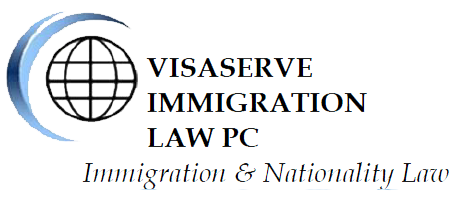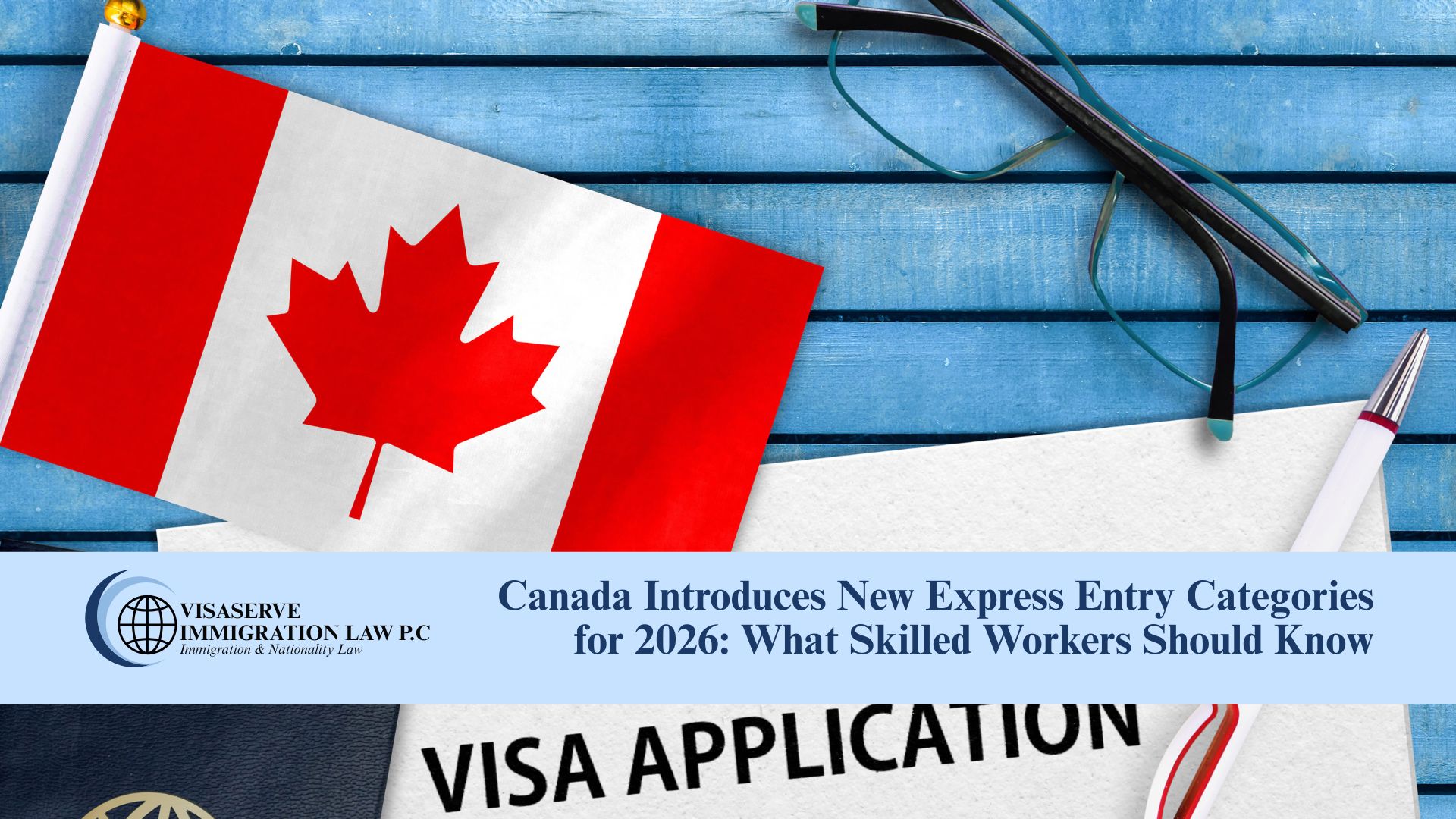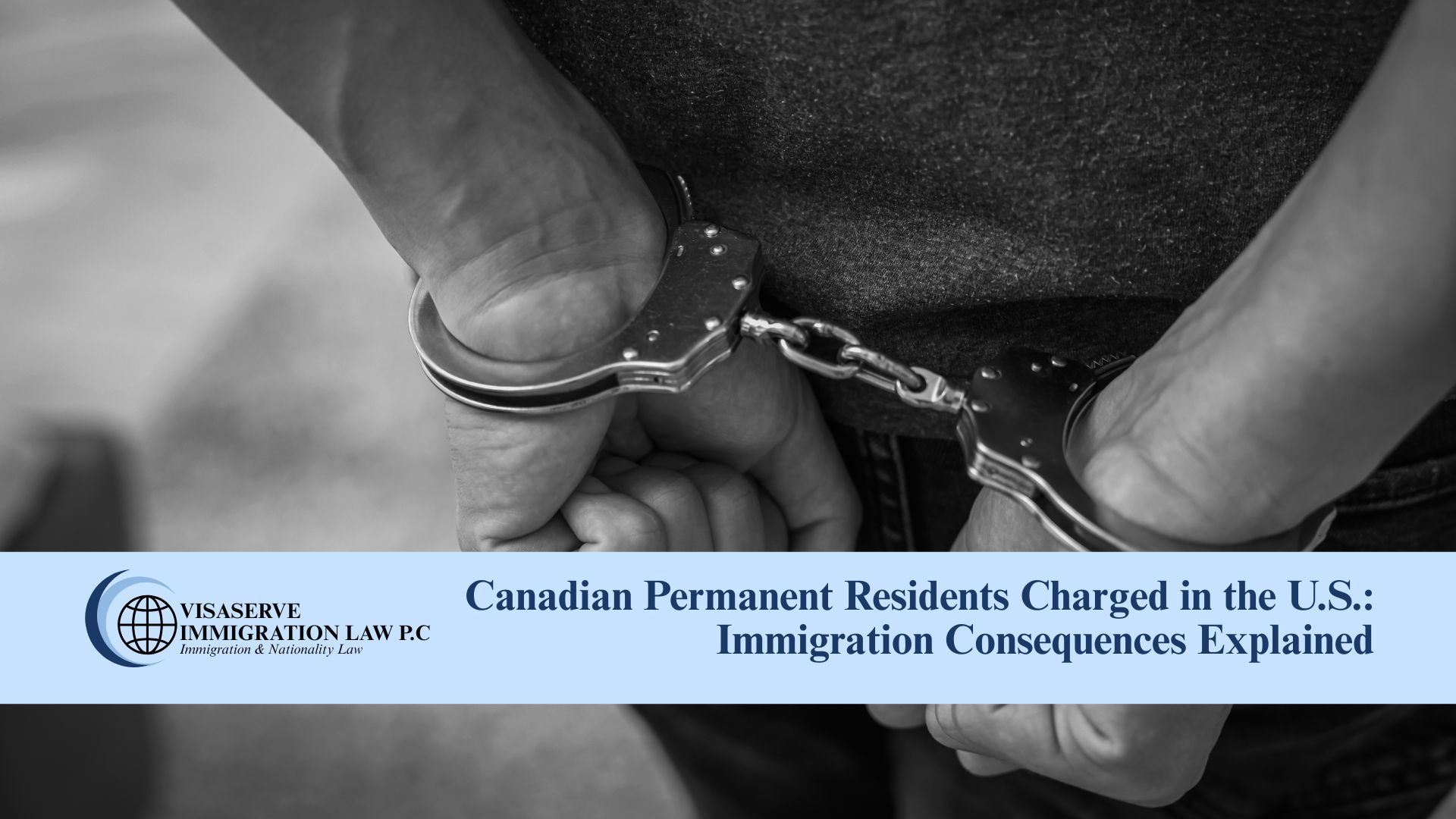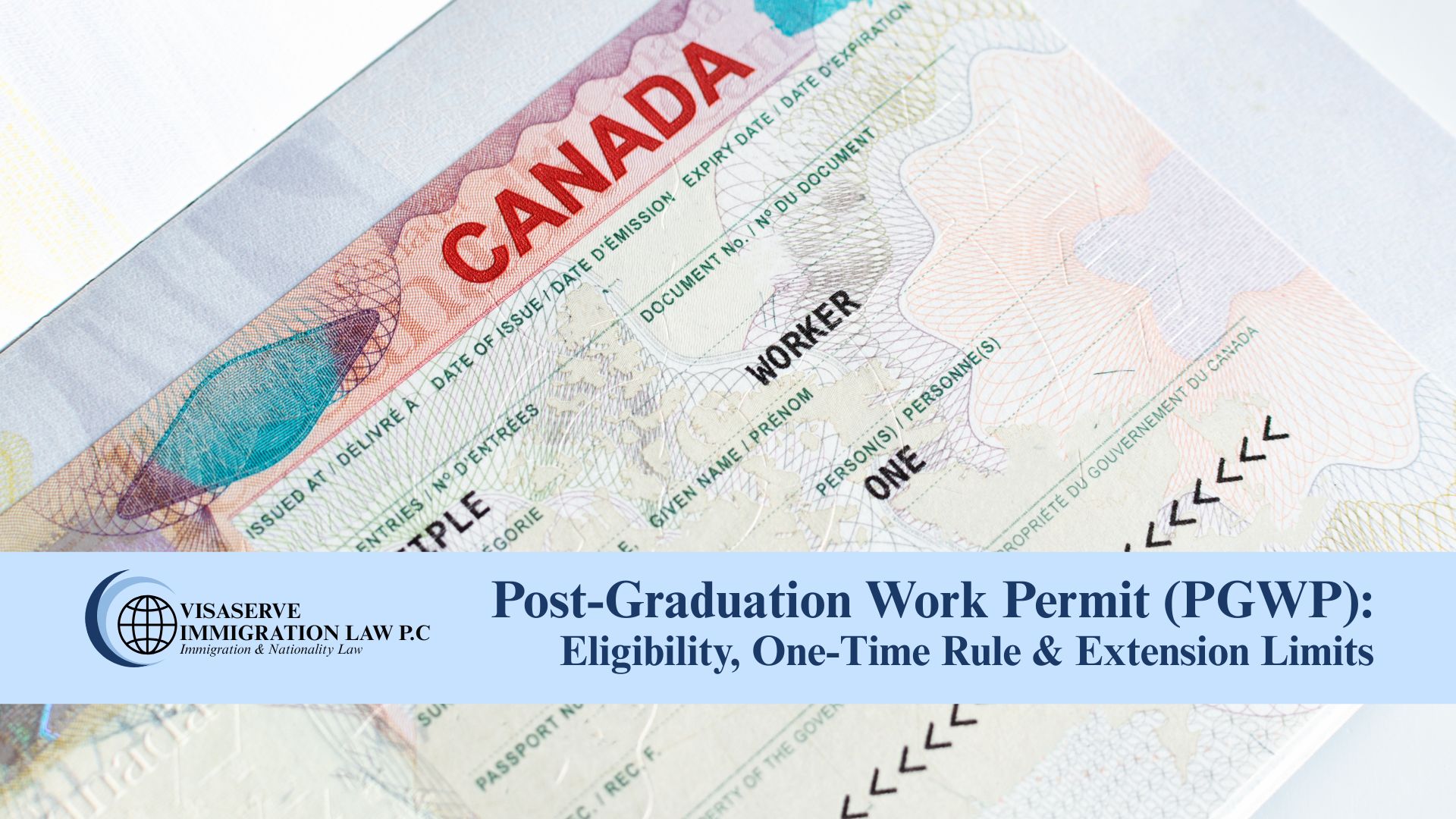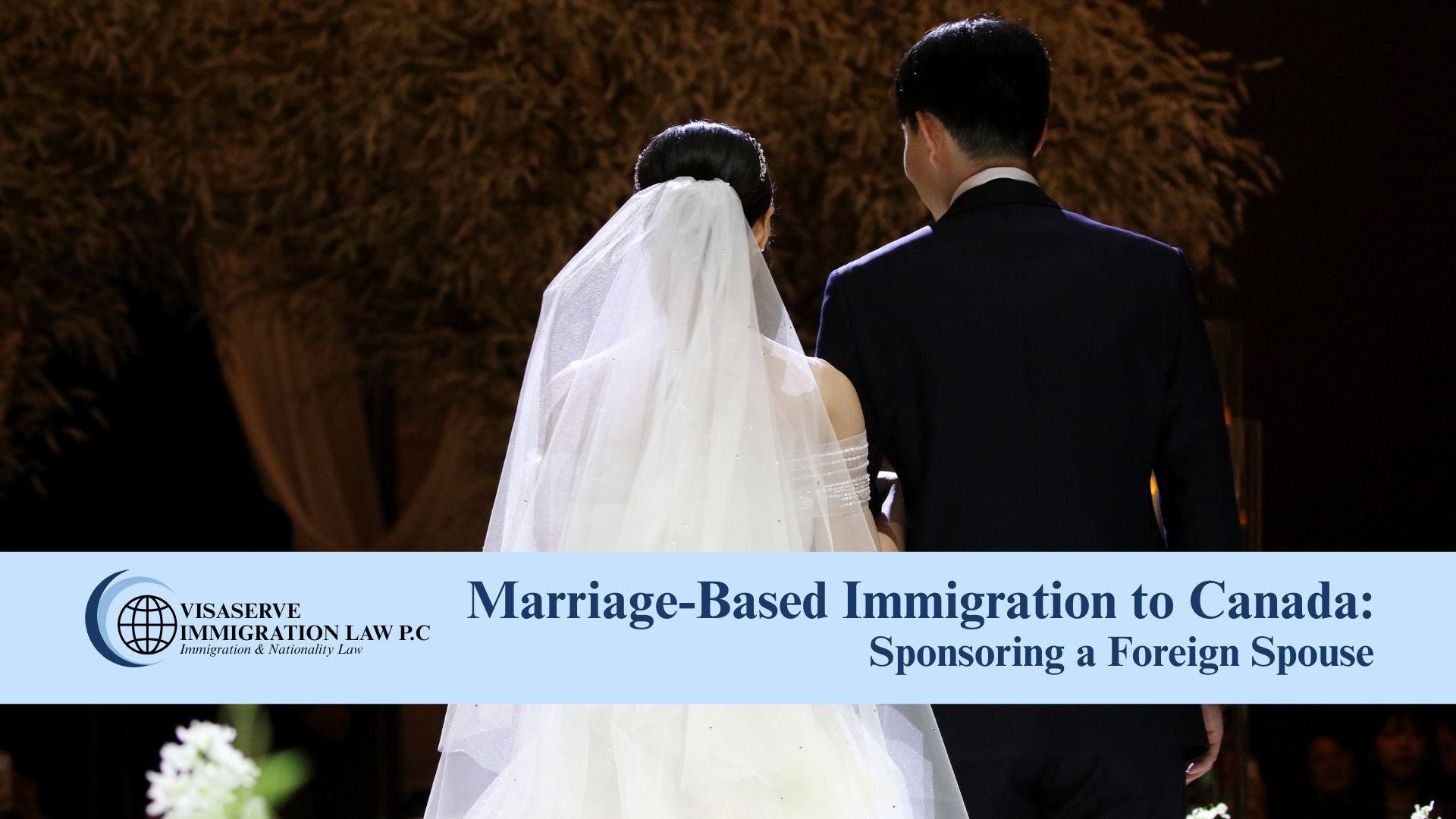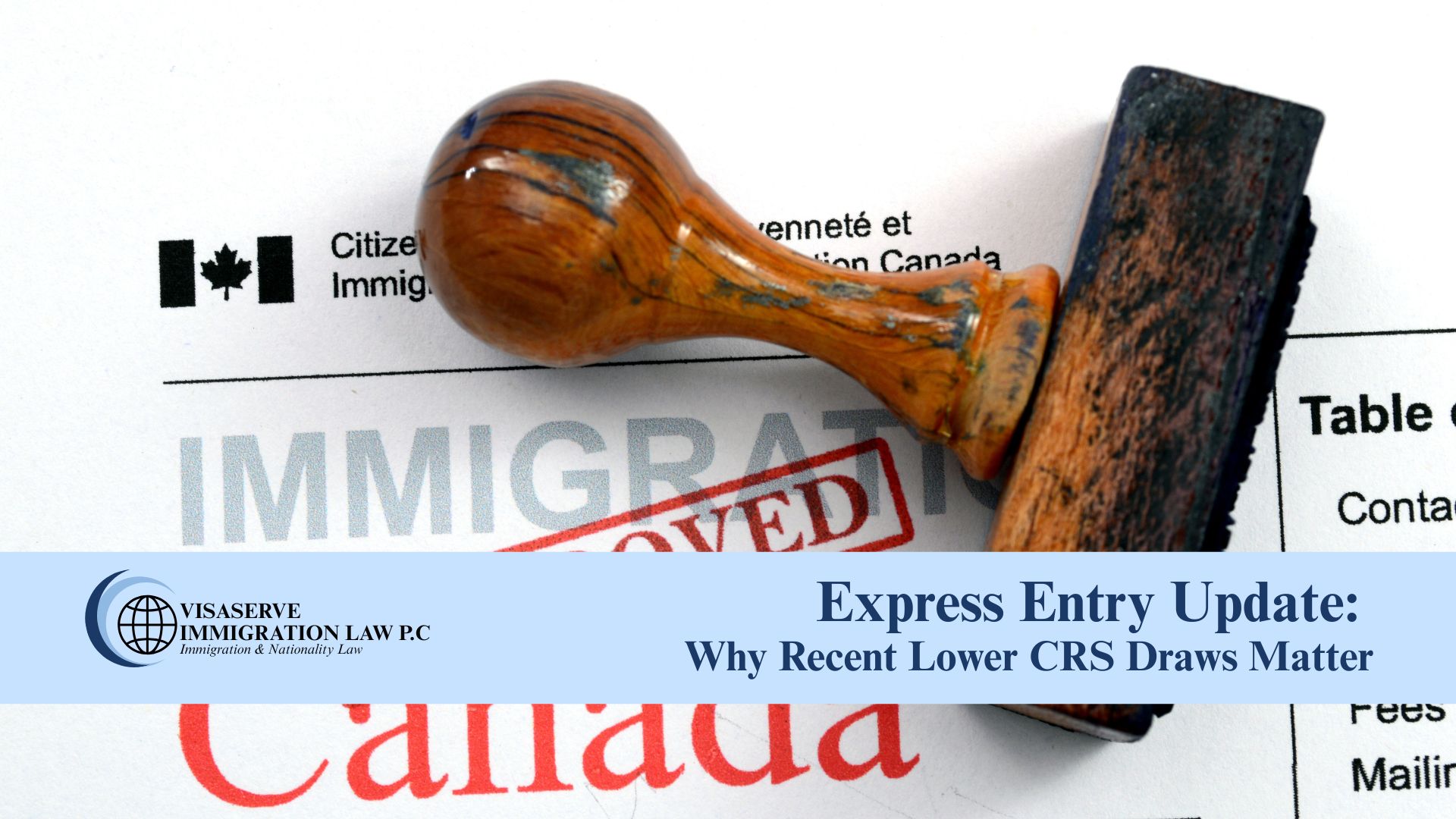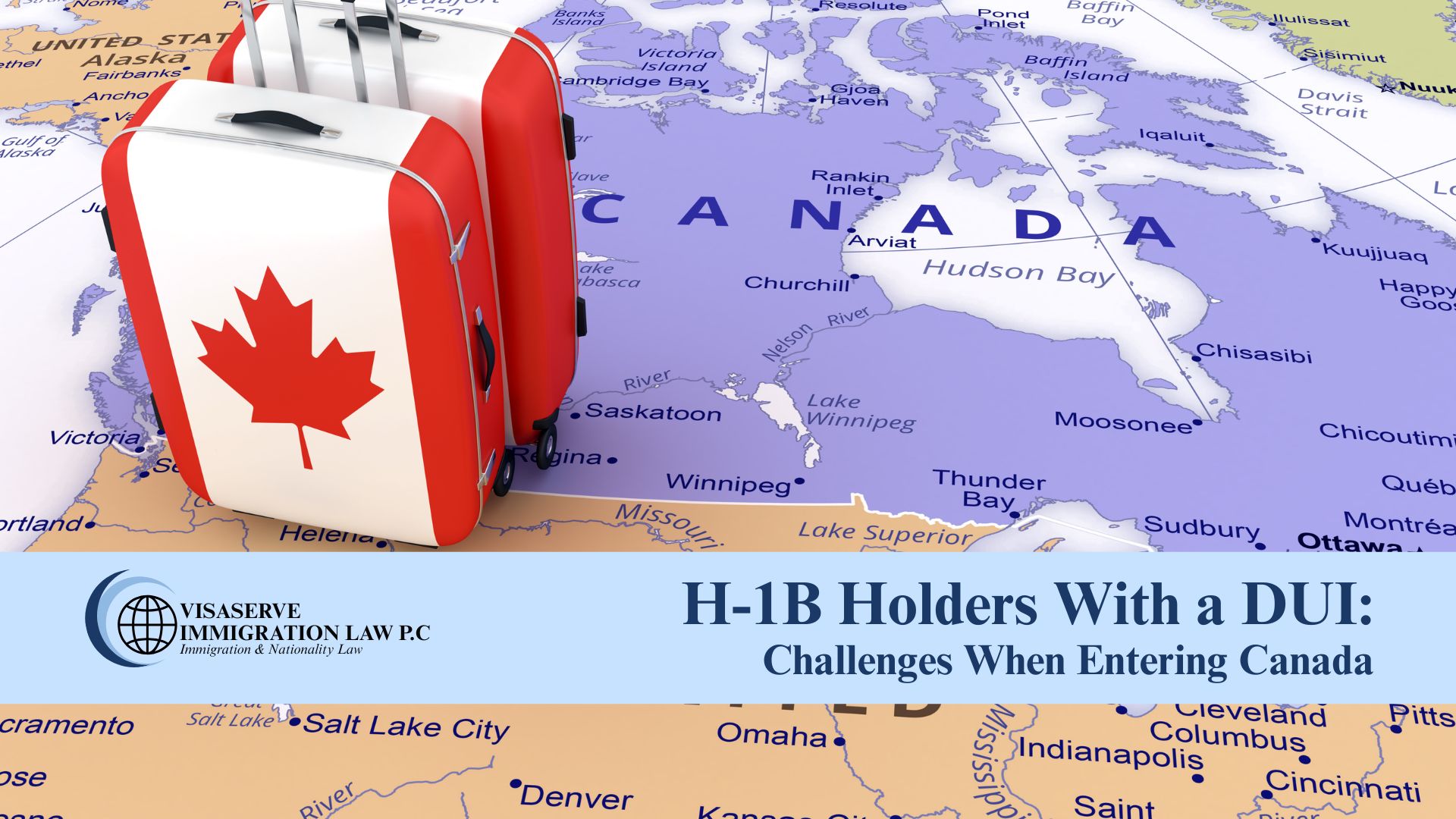As cross-border trade continues to drive growth for Canadian companies, understanding compliance with the Canada–United States–Mexico Agreement (CUSMA) is more important than ever. With new tariff enforcement measures in place as of March 2025, failure to meet CUSMA requirements could result in costly penalties, including a 10% to 25% International Emergency Economic Powers Act (IEEPA) tariff on goods entering the U.S.
This guide explains key steps for Canadian exporters, foreign investors, and businesses expanding into the U.S. and Mexico, based on official updates from Canada.ca and U.S. Customs and Border Protection (CBP).
Why CUSMA Compliance Matters in 2025
For more than 98% of tariff lines between Canada and the U.S., CUSMA offers preferential duty-free treatment—but this benefit is not automatic. Canadian companies must actively claim the CUSMA preference through proper certification and meet specific rules of origin.
Since March 7, 2025, the U.S. has paused IEEPA tariffs only for goods that qualify under CUSMA. If a product does not meet the CUSMA rules of origin, or if a company fails to properly claim the benefit, the goods may be subject to IEEPA tariffs of 10% or 25%, particularly for sensitive sectors such as textiles, dairy, sugar, and certain agricultural products.
How to Claim Preferential Treatment Under CUSMA
To claim CUSMA preferential treatment, exporters must provide a Certification of Origin, either as part of shipping documents or separately. This certification can be completed by the:
-
Exporter
-
Producer
-
Importer
Without this certification, goods are automatically treated as non-originating and subject to standard tariffs, including new IEEPA measures for 2025.
Key Documentation:
For guidance on completing a certification of origin, consult Canada’s Memorandum D11-4-14 or the CUSMA Chapter 5 – Origin Procedures available on Canada.ca.
Understanding the Rules of Origin
To qualify as originating under CUSMA, goods must meet one of the following:
-
Wholly Obtained: Goods harvested, mined, or produced entirely in Canada, the U.S., or Mexico.
-
Product-Specific Rules of Origin (PSROs):
-
Tariff Shift: Imported inputs are transformed into a product classified under a different Harmonized System (HS) code.
-
Value Content Requirement: A minimum percentage of the product’s value must originate in North America.
-
Process Requirement: Certain goods must undergo specific production processes in North America (e.g., textiles must be “cut and sewn” in the region).
-
All products have specific HS classifications, and traders must identify the relevant CUSMA PSROs for their goods.
When Goods Do Not Meet CUSMA Requirements
If your goods cannot satisfy the CUSMA origin rules, consider:
-
Restructuring supply chains to increase North American content.
-
Exploring alternative trade routes or tariff-rate quotas (TRQs) where available.
-
Consulting customs brokers for advance rulings from the CBP or Canada Border Services Agency (CBSA).
Some sectors, like dairy, sugar, and textiles, have additional quota or tariff-level considerations, even when origin rules are met.
Record Keeping & Compliance
Under CUSMA Chapter 5, exporters must maintain records to support claims of origin for at least five years. This includes:
-
Bills of materials
-
Production records
-
Supplier certifications
Companies are advised to conduct internal audits or consult legal counsel to ensure ongoing compliance.
Resources for Canadian Exporters
For additional support, the Trade Commissioner Service (TCS) and certified customs brokers can assist with:
-
Determining product classifications using the Canada Tariff Finder
-
Accessing U.S. Harmonized Tariff Schedule data
-
Navigating CBP advance rulings and appeals
Final Thoughts
For Canadian businesses operating in the U.S. and Mexico, CUSMA compliance is no longer optional—it is essential. Failing to meet the rules of origin or neglecting to claim preferential treatment could expose your company to significant tariff costs.
At Visaserve Immigration Law P.C., we assist corporate clients with cross-border compliance strategies, including CUSMA certification, customs procedures, and corporate immigration services. Contact our office for legal guidance tailored to your business operations in North America.
